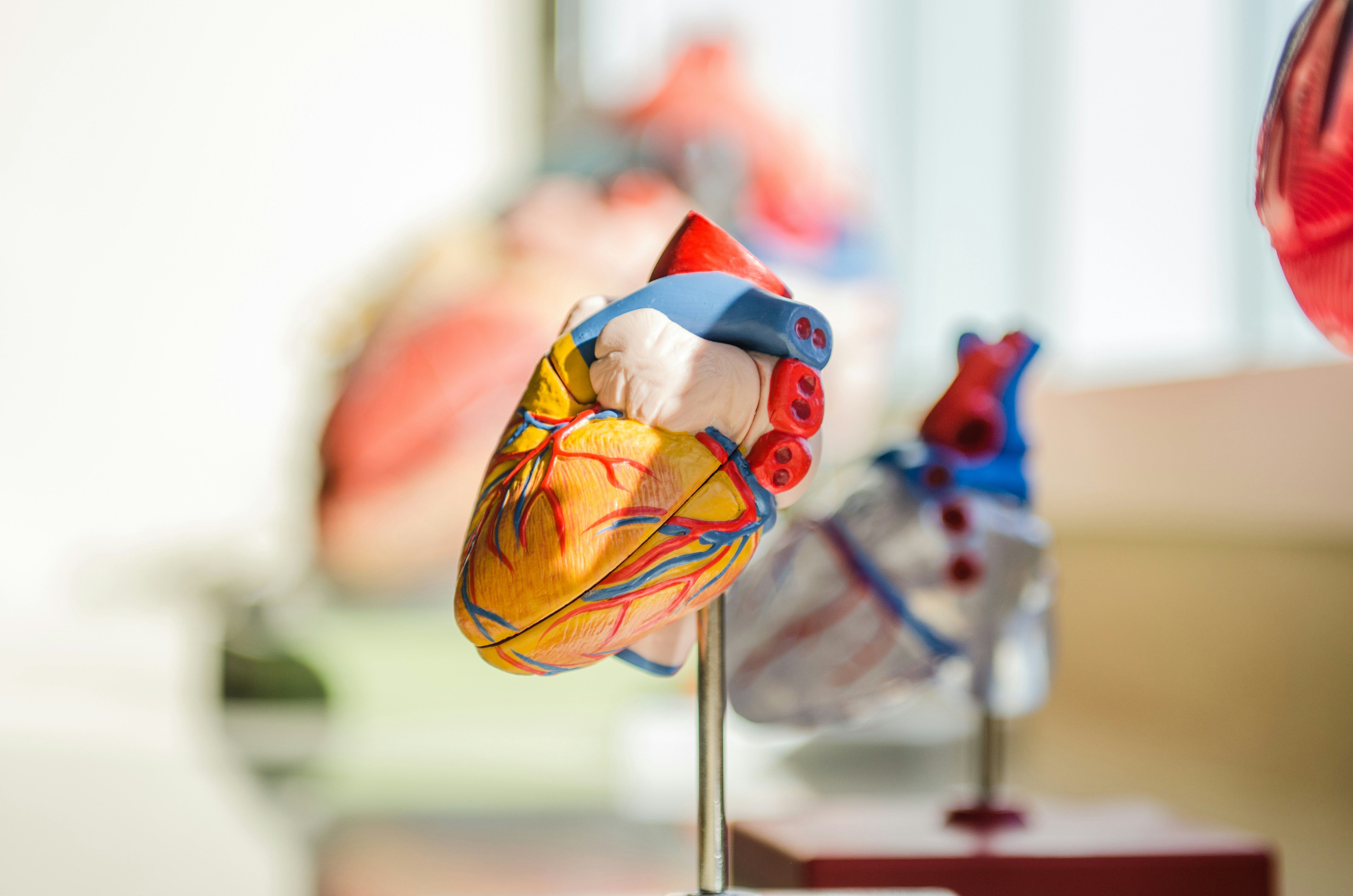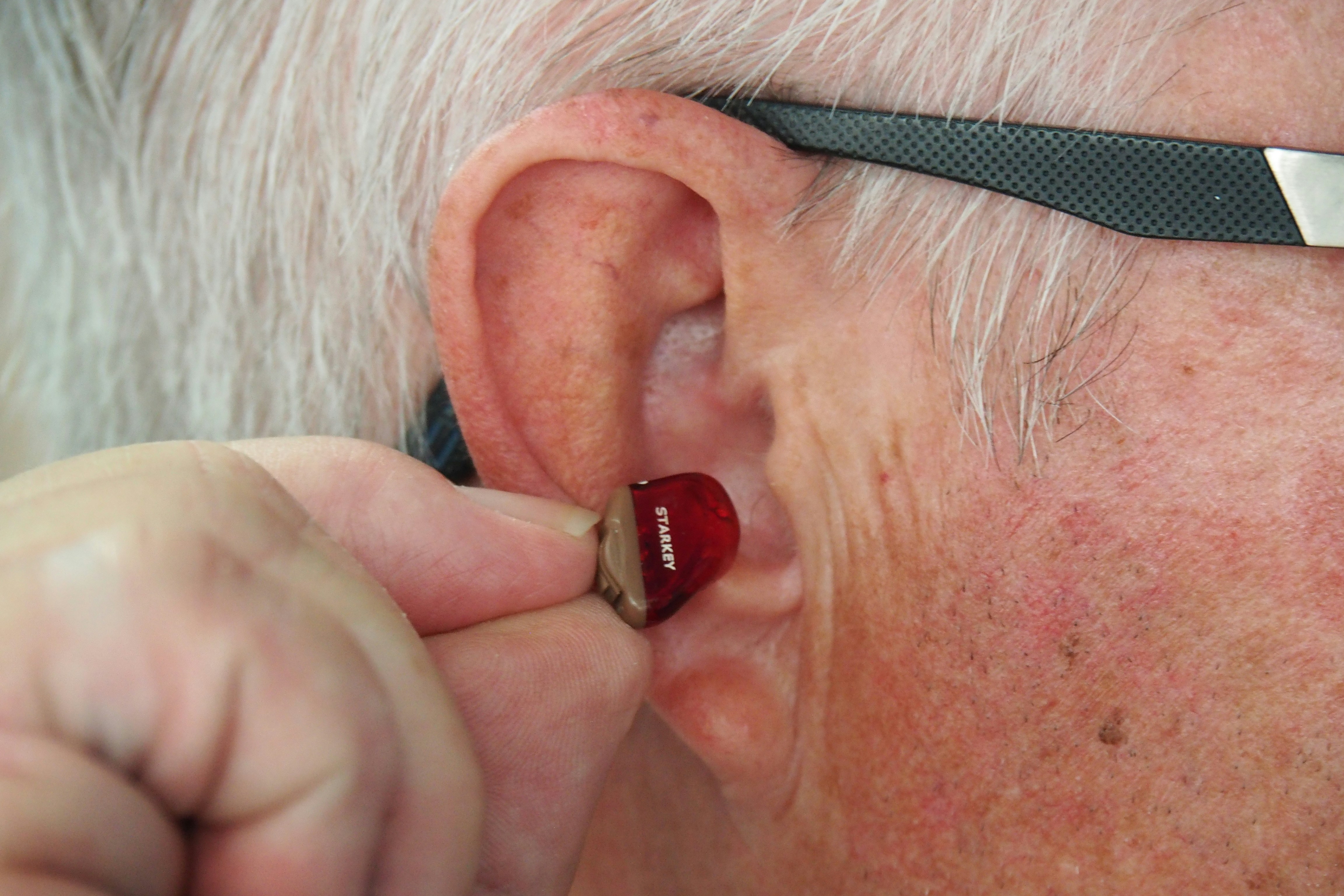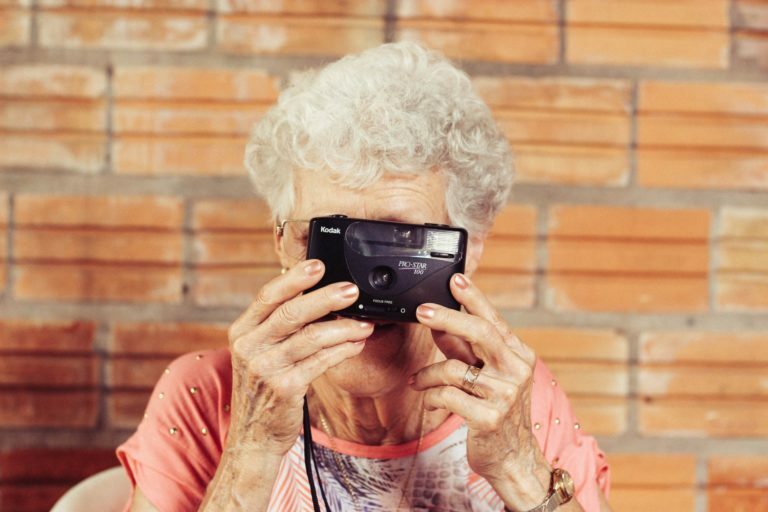Many people, especially the young, look toward getting old with fear. It’s natural to fear feeling your body start to decline. Of course, the older you get, the more you have to face the concept of your own mortality as well, which is rarely a pleasant concept. It’s not all gloom and doom, however.
Older adults actually have plenty of reasons to look forward to their lives, and anyone can age gracefully. Older people tend to care much less about what people think of them compared to when they were young, and they tend to be able to more easily appreciate the things they have. You’ll also be much smarter and more likely to earn respect from people, even if you don’t care about it as much. Being closer to retirement doesn’t hurt either.
While aging can be a better process than people fear, it’s still important to remember that you can’t get complacent about your health. Here are some of the most common health problems older adults have and how to deal with them.
Heart Disease

This is the leading cause of death for the vast majority of people in the U.S. over the age of 65. The most common type is coronary heart disease, which develops when plaque builds up in the lining of coronary arteries. This restricts blood flow, which can limit the heart’s ability to provide oxygen to the body, and it can lead to permanent damage in arteries. Health issues such as high blood pressure, hypertension, and high cholesterol can increase one’s risk for developing various kinds of heart disease.
Since many people show no symptoms, in the beginning, they may not be aware that they have heart disease until they experience chest pains, have a heart attack, or even suffer cardiac arrest. There are even some “silent heart attacks,” meaning that you could suffer a damaging heart attack without even realizing it. This is why it’s important to have regular check-ups with your primary care physician and visit a cardiologist if it’s recommended. If you don’t already have an adult primary care provider, it’s important to find one with experts who can assess all of your health needs.
Respiratory Issues

The elderly have always been at higher risk for chronic conditions like asthma or chronic obstructive pulmonary disease (COPD), which causes restricted airflow due to inflammation in the lungs. Conditions like this can worsen as you get older, though there are medications that can help you breathe easier.
Seniors are also more susceptible to respiratory infections, such as the flu and pneumonia. The coronavirus epidemic has unleashed an all-new nightmare upon the general populace, but older adults are at even higher risk of severe symptoms. COVID-19 symptoms in elderly patients frequently start to appear two to fourteen days after the initial exposure. Common symptoms of the virus include a cough, fever, chills, fatigue, nausea, body aches, and difficulty breathing. Symptoms in older people can be more severe, and may even result in the patient being placed on a respirator.
It’s recommended to see a doctor immediately if you suffer a change in color in your lips or face, difficulty breathing, pressure in the chest, or difficulty sleeping or waking up.
Sleep Problems

Speaking of sleep, it’s not uncommon for older adults to suffer sleep disorders. Many changes in the length or quality of sleep older people experience are due to changes in their circadian rhythms. This is the internal process that controls a person’s sleep-wake cycle, and it typically resets once every 24 hours. Aging alone can affect these rhythms, as can a lack of exposure to daylight, as many elderly people suffer. Sleep can also be affected by things like anxiety and depression, physical pain from arthritis, and other conditions like diabetes.
Insomnia has many potential causes, but poor sleep habits tend to contribute to it more than anything. Try to ensure you have a regular bedtime, avoid alcohol or caffeine before bed, and try not to fall asleep with the TV on. Conditions such as sleep apnea may also affect your ability to get a good night’s sleep.
You can certainly visit a sleep specialist if you’re concerned about your sleep quality, and they can determine the causes of your issues. If your case is severe enough, they may offer you a prescription to help you get a restful sleep. They may also recommend natural sleep aids. These may include things like lavender tea or even all natural Ayurvedic oil for sleep. This is a tincture amplified with CBD to help improve your sleep quality. It’s a vegan solution that’s also free of allergens, and it’s scented with lavender to promote peace and calm. Since it’s a natural solution, it helps avoid the grogginess associated with other sleep aids, and it isn’t habit-forming.
Hearing Difficulty

Hearing problems become more common as people grow older, largely because of the sense of hearing degrades over time. Taking better care of your hearing when you’re younger can help prevent some issues, but you may find yourself suffering hearing loss anyway. To some extent, hearing loss seems to run in families, and it can be triggered by changes in the inner ear or to the auditory nerve.
Noise-induced hearing loss is the most common form, and as the name suggests, it’s caused by gradual exposure to sounds that are too loud or that go on for too long. Hypertension can also lead to a reduced sense of hearing, as can certain medications that may be toxic to sensory cells. Abnormalities of the eardrum or the middle ear may appear in older adults, but they aren’t common.
If you’re worried about your hearing quality, it’s a good idea to get online and search for “hearing centers near me.” There should be some convenient locations you can visit to get a hearing test and treatment if needed. Depending on your test results, you may find that something as simple as wax blockage was causing hearing loss. If you have an eardrum abnormality, they can often be corrected with surgery. Damage to the inner ear is best helped with a hearing aid. An audiologist can help fit you with the latest technology and features for the best hearing aid possible.
You may even find that damage to your hearing has caused another problem. Tinnitus, the constant ringing or buzzing in one’s ear, can be a symptom of age-related hearing loss or a hearing injury. Tinnitus is rarely a sign of anything serious, but the perceived sound may get worse as you age. While it can’t be cured, it can be treated and often improves. Your doctor may be able to treat an underlying blood vessel condition that worsens it or prescribe new medication that helps with the sounds. Other treatments include using white-noise machines, worn sound masking devices, or tinnitus retraining.
Staying Healthy in Old Age
Ultimately, your best chance at avoiding these health problems, and more, is to stay as healthy as possible as you age. This largely involves following the same advice you (hopefully) did when you were younger. You’ll need to be sure to eat healthily and focus on foods that are good for your heart. It’s also crucial to keep exercising, though you may want to focus more on cardio and less on resistance training to avoid injuries. Swimming is an excellent choice. You also need to exercise your mind by challenging yourself and staying socially active with friends and family.
Some health problems are unavoidable as you get older, but aging doesn’t have to be something you dread. It can be an exciting time where you have greater freedom and discover new experiences.








